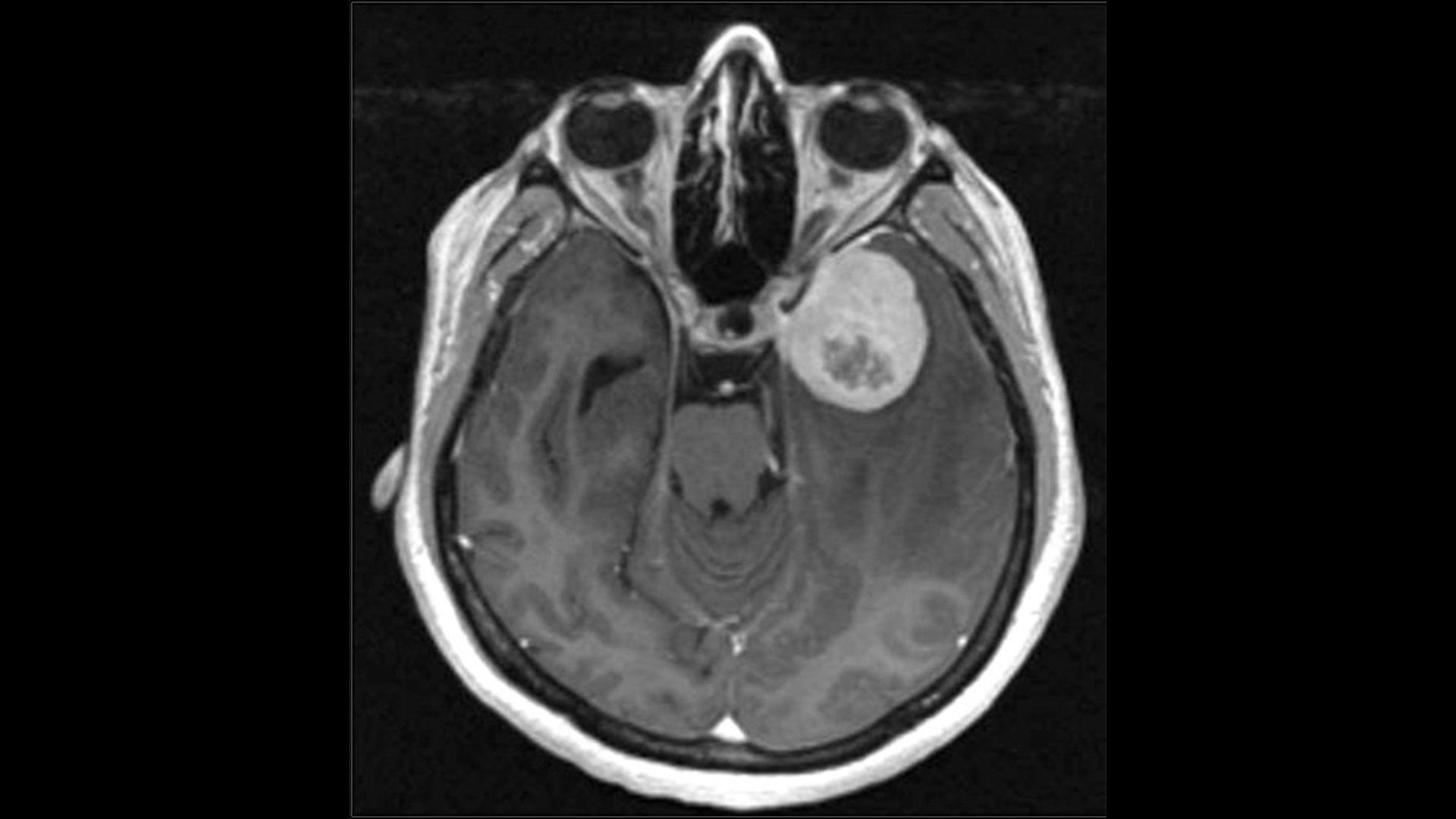Dear Editor
James Titcombe’s opinion article on the need to rethink the scandal narrative around NHS maternity services correctly highlighted the reality that patient safety is messy, pressured and variable. Fear, defensiveness and the need to fix drives knee jerk recommendations to implement and measure. We argue that such repeated regulation also has an emotional impact that is rarely discussed but strongly felt in maternity services.
Maternity units have faced almost continuous review: Ockenden, Kirkup, East Kent, and a series of national reports, safety schemes, and assurance frameworks. Each adds new recommendations, usually with good intent, and very few are ever retired. This creates ‘governance debt’, which we define as a cumulative buildup of checks, forms, and approvals that follow each incident, seldom evaluated for impact or opportunity cost, and that gradually slow care and learning, and obstruct relationships with patients, care provision and safety [1].
Alongside that debt sits ‘governance residue’, which is the psychological sediment left behind by regulation [2]. It is the sense that nothing will ever be enough, that deviation from protocol will be judged harshly, and that candour is risky when adverse outcomes are under intense scrutiny. After each major review, staff absorb not only new procedures but also the headlines, stories and disciplinary fears that travel through teams. The result is that psychological safety is missing from front lines.
In maternity, residue is amplified by the frequency and severity of harm and by the central role of litigation. Cautionary tales shape how juniors practise, and documentation grows longer, because writing more feels protective if records are later examined. Silence and compliance can then be mistaken for assurance, when they often signal that people have stopped feeling safe enough to speak.
Titcombe is right to emphasise national and systemic causes. This now include layers of unexamined governance debt and residue. The recent Department of Health and Social Care review of patient safety outlined >450 maternity recommendations from inquiries over a short period, many of which were introduced without prior cost benefit analysis or implementation testing [3]. Each was justified in the name of safety, but together they risk suffocating the learning culture that services need to improve.
This suggests two priorities for the forthcoming National Maternity Rapid Review. First, a systematic audit of existing governance requirements to identify which recommendations, indicators, and schemes continue to add value and which could be simplified, merged, or retired. New requirements should be treated like clinical interventions, with explicit consideration of the evidence, workload, and the emotional impact on staff and families.
Second, reform should attend directly to emotional repair. Maternity teams need psychologically safe spaces to talk about fear, moral distress and fatigue without these conversations being folded back into performance management. Regulators and investigators need a grounded understanding of the emotional architecture of the services they enter, not only of technical standards. Pregnant people and families should be engaged as partners in safety whose trust is influenced by the tone of inquiries as much as by their conclusions.
National failures demand national solutions, but if those solutions are experienced locally as ever tightening webs of scrutiny, they will deepen governance residue rather than relieve it. If we want maternity regulation to support safer and more humane care, we must tackle both the structural debt of over layered governance and the emotional residue it leaves behind.
References
1. https://medium.com/@amroalkado/governance-debt-374d9df3c9ad
2. https://medium.com/@amroalkado/governance-residue-c28a6cb2cae7
3. Department of Health and Social Care (DHSC). Review of patient safety across the health and care landscape. July 2025
Re: We need to rethink the “scandal” narrative in the NHS: Governance residue and the emotional afterlife of maternity regulation


